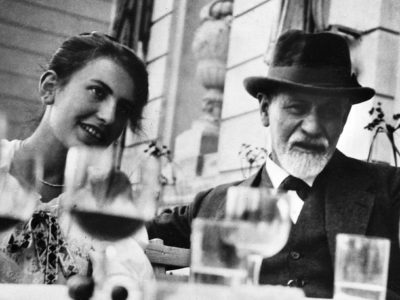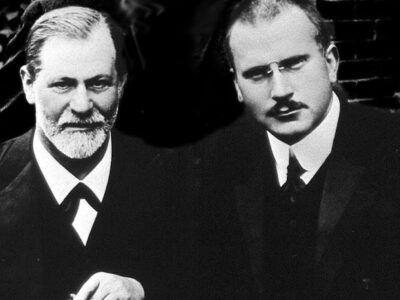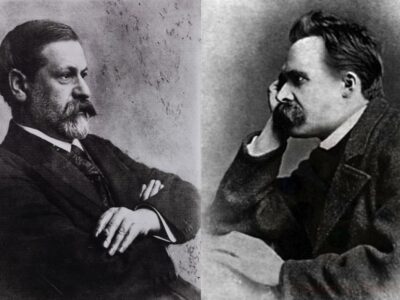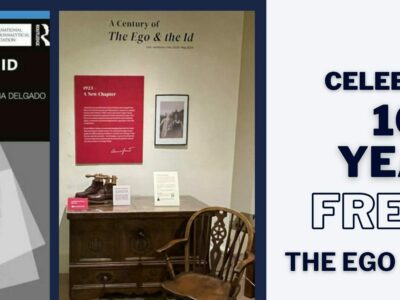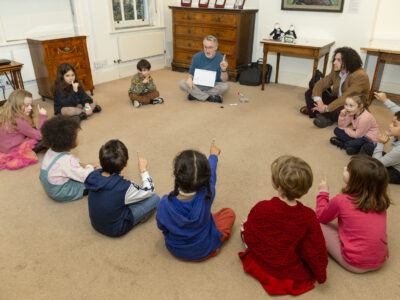
- This event has passed.
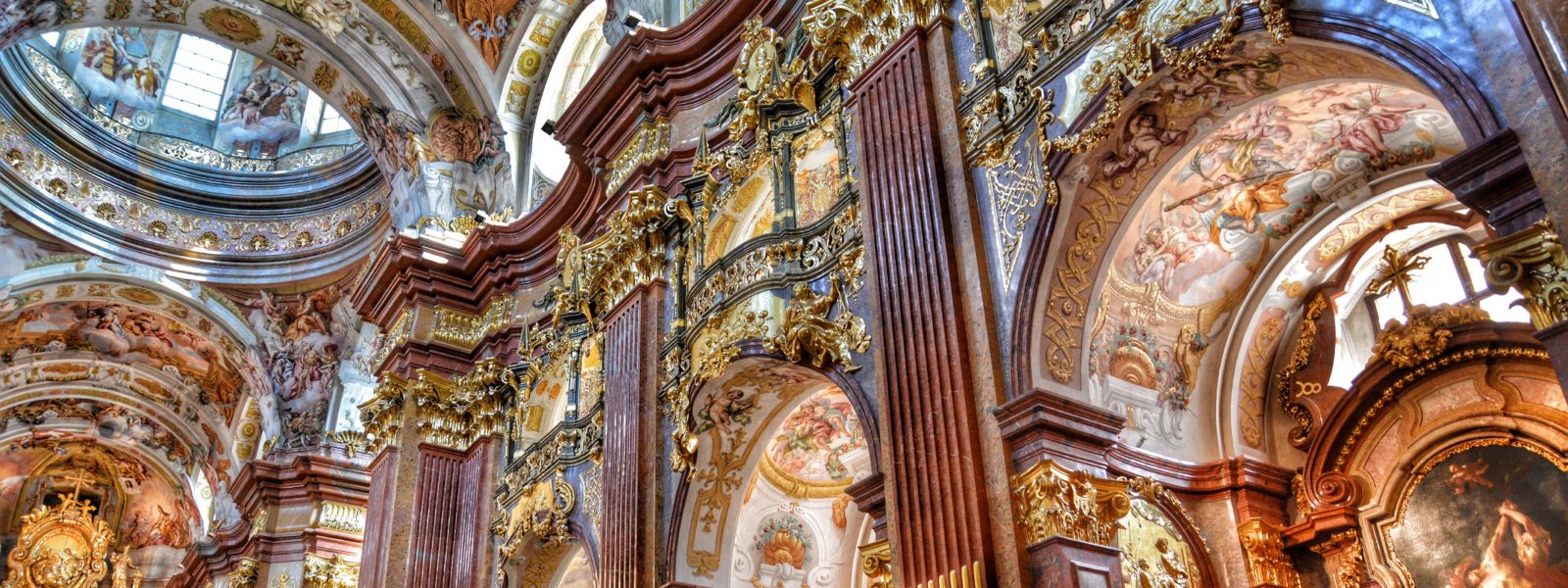
Deleuze and Lacan paid considerable attention to the baroque.
Deleuze centres his 1988 book The Fold on this topic. Lacan dedicates to it some intense passages of a crucial lesson of his 1972-73 Seminar Encore. In this one-day intensive course we will compare and contrast their stances on what they deem to be an exceptional form of art and thought.
We will begin by showing how Lacan and Deleuze equally single out the baroque as an aesthetics that profoundly rethinks the notion of the subject as non-substantial. In Lacan’s words, the baroque evidences that the subject is not ‘a punctiform being that gets his bearings at the geometral point from which the perspective is grasped’. In turn, these considerations lead both authors to understand the baroque object as a ‘non essential object’ (Deleuze) that is strictly connected with a meaningless event, or atopia, and what they call anamorphosis.
Secondly, we will consider Deleuze’s and Lacan’s analogous assessments of the historical and epistemological context from which the baroque originates. For Deleuze, the latter witnesses to an incipient ‘collapse of the world’ as supposedly supported by Reason, and to a ‘transition’ exemplified paradigmatically by Leibniz’s theodicy. For Lacan, the baroque should be seen as a contradictory attempt to cope with the fact that, by the sixteenth century, ‘the world is in a state of decomposition’ due to the crisis of classical episteme and Christianity.
Thirdly, we will dwell on how both authors elaborate their own philosophical and psychoanalytical projects as explicitly neo-baroque endeavours to radicalise the baroque and overcome its impasses. We will here take into account Deleuze’s metaphysics of chaos, which turns Leibniz against himself, and Lacan’s notion of enjoyment as always lacking, which takes the message of Christianity about earthly abjection one step further and subverts it.
Finally, we will discuss how Deleuze’s and Lacan’s surprisingly similar treatment of the baroque and its legacy enables us to pinpoint the general ontological disagreement on which this specific convergence rests. While for Deleuze the process of folding highlighted by the baroque ultimately points in the direction of a pre-subjective cosmogenetic factor, or ‘Fold’, for Lacan it can only be related to the structure of the subject as linguistically split.
Readings:
Some prior knowledge of Lacan and Deleuze is advisable but not necessary.
- Deleuze, The Fold. Leibniz and the Baroque (London: Athlone, 1993), chapters 1-3
- Lacan, The Ethics of Psychoanalysis (London: Routledge, 1992), p. 60, pp. 135-36
- Lacan, The Seminar of Jacques Lacan. Book XX. Encore (London: Norton, 1998), lesson IX
Course tutor: Lorenzo Chiesa
Programme:
10.00am – first session
12.00pm – lunch break
12.45pm – second session
2.45pm – tea break
3.00 – third session
5.00pm – finish
Lorenzo Chiesa is a philosopher who has published extensively on psychoanalysis. His works in this field include Subjectivity and Otherness: A Philosophical Reading of Lacan (MIT Press, 2007); Lacan and Philosophy: The New Generation(Re.press, 2014); The Not-Two: Logic and God in Lacan (MIT Press, 2016); and The Virtual Point of Freedom (Northwestern University Press, 2016). He is Director of the GSH – Genoa School of Humanities. Since 2014, he has been Visiting Professor at the European University at Saint Petersburg and at the Freud’s Dream Museum of the same city. Previously, he was Professor of Modern European Thought at the University of Kent, where he founded and directed the Centre for Critical Thought.
